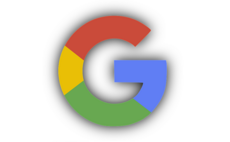From 2020, consumers will be given a choice of three search engines - but the search providers will have to pay Google to participate
Google will present Android users in Europe with a choice of three alternative search engines from early 2020 in a move intended to mollify EU antitrust authorities. Google was fined €4.3 billio...
To continue reading this article...
Join Computing
- Unlimited access to real-time news, analysis and opinion from the technology industry
- Receive important and breaking news in our daily newsletter
- Be the first to hear about our events and awards programmes
- Join live member only interviews with IT leaders at the ‘IT Lounge’; your chance to ask your burning tech questions and have them answered
- Access to the Computing Delta hub providing market intelligence and research
- Receive our members-only newsletter with exclusive opinion pieces from senior IT Leaders



















